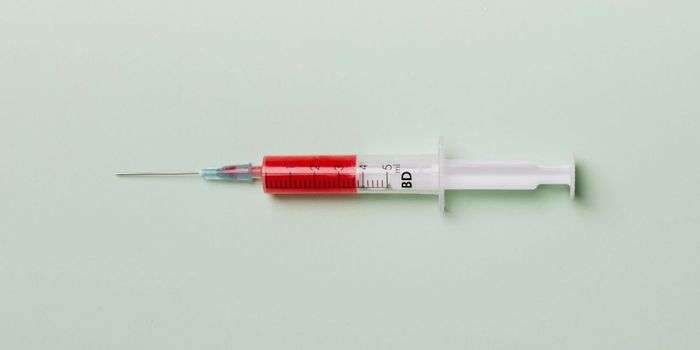Itchy, red, dry eyes? FDA approves monthly implant for allergic conjunctivitis
The conjunctiva is a thin membrane that covers the front of the eyes and the inner eyelids. The conjunctiva produces tears and mucus to help lubricate the eyes, and the cells of the conjunctiva contain many immune cells that help fight off harmful substances. These functions of the conjunctiva help to ensure our eyes can easily clear debris and also protect the eyes from harmful substances. However, in some individuals this protective effect of the conjunctiva can become pathological and lead to inflammation. Inflammation of the conjunctiva is called conjunctivitis, and can be caused by a variety of factors including allergies. On Monday, the United States Food and Drug Administration (FDA) approved the first physician administered implant that can treat allergic conjunctivitis.
An estimated 10 million individuals in the United States seek treatment for allergic conjunctivitis each year. According to Michael Goldstein, MD, Chief Medical Officer of Ocular Therapeutix, stated, “allergic conjunctivitis is a common condition seen in the offices of eye care providers [and] the use of topical steroids is an important part of our current clinical armamentarium in the treatment of allergic conjunctivitis.” Indeed, topical steroids are effective in treating conjunctivitis but current treatment requires twice daily, or more, administration of eyedrops which can be cumbersome to patients. The recently approved implant, called Dextenza, is an implantable steroid that is administered by a physician and lasts for up to 30 days. As such, Dextenza removes the hassle of daily eyedrop administration.
The FDA approved this extended use for Dextenza based on recent clinical data showing its effectiveness. In a study presented at the Association for Research in Vision and Ophthalmology annual meeting in June, researchers analyzed data from four clinical trials. That data was from over 300 subjects who were either administered Dextenza or a Placebo. The research showed that the Dextenza implant was safe with minimal adverse effects and, when compared to placebo, Dextenza was effective in the treatment of allergic conjunctivitis.
Sources: Businesswire; Current Opinion in Allergy and Clinical Immunology; Investigative Ophthalmology & Visual Science








